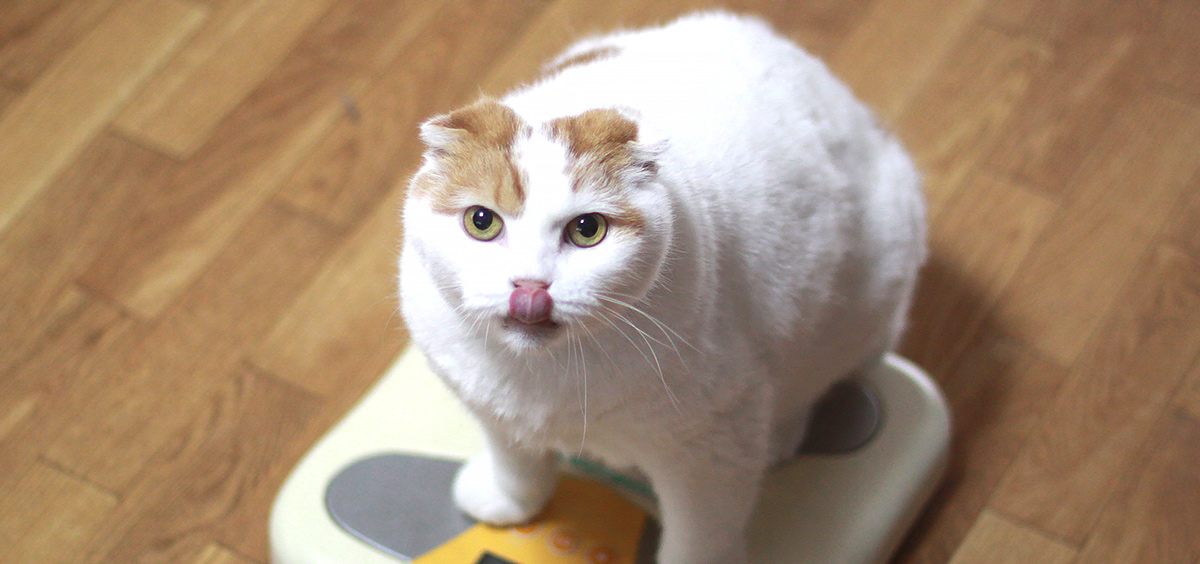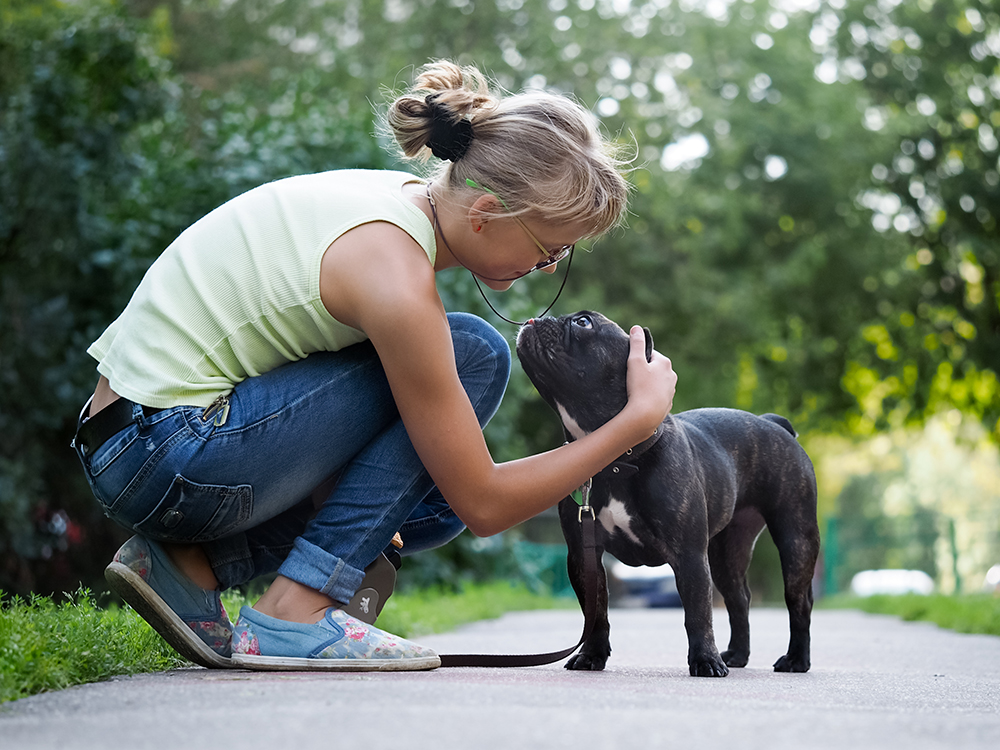We’re all guilty of it – mindlessly scrolling through endless pet videos on YouTube as the hours vanish into thin air. Watching a plump cat rolling around on the floor on its back swatting at a tease. Following the weight loss journey of a 77-pound wiener dog. These sound like perfect pet-induced pick me ups after a hard day’s work, but the underlying issue is no joking matter – obesity is a disease that has killed millions of pets prematurely in the United States – and it’s only getting worse.
“Here in the United States it’s estimated that over 50% of dogs and over 60% of cats are considered significantly overweight to obese. It’s becoming an epidemic despite efforts to educate pet owners on how to manage their animals’ weight,” said Animal League America Senior Vice President and Chief of Veterinary Staff, Dr. Mark Verdino. “The issues with pet obesity here in the U.S. are unfortunately owner driven – meaning that animals don’t feed themselves and for the most part don’t exercise themselves. Just like it is with people, it’s a balance of calories in and calories out. The bottom line is that our pets are eating more calories than they burn and storing that excess energy as fat.”

Being overweight or obese, just as it does in humans, can cause our four legged friends to have significant short and long-term health concerns. Not only does carrying excess weight around cause increased wear and tear on the joints, but it also puts significant strain on the internal organs, more specifically the heart and the lungs. That’s why keeping track of your pet’s health should be a top priority.
Here are a few tips from the trusted veterinarians inside our American Animal Hospital Association (AAHA) accredited Pet Health Centers, so you can do your part to ensure your beloved pet will live a happy, healthy life.
- Regular Checkups: Regularly scheduled routine checkups with your local veterinarian should include a body score exam. This is an easy way of finding out whether or not your pet is overweight.
- Know Your Pet: Keeping an eye on your pet’s weight and body condition can also allow for early intervention with certain endocrine diseases, such as hypothyroidism and Cushing’s disease. If you notice a drastic difference in your pet’s physical appearance, a trip to the veterinarian might be in order.
- Blood Work: If your pet is not a ravenous eater and shouldn’t be gaining weight at a rapid pace, bloodwork may be in order. This will allow your veterinarian to rule out certain medical conditions and devise a plan to combat the weight gain.
- Food Intake: Once any underlying medical conditions have been ruled out, your veterinarian should provide dietary recommendations for your pet. Many times it’s not the food itself your pet is consuming, but rather the volume or portions. It’s important for owners to measure their pet’s food by cup size and feed them consistently.
- Count Calories: Appropriate caloric intake is important. This is calculated based on dog’s weight and activity level.
- Quality Over Quantity: Make sure your pet is eating high quality foods with fewer preservatives and “filler” ingredients.
- Snack Smart: Allow your pets to enjoy healthy snacks like carrots, celery, broccoli – instead of treats like Milk Bones and processed treats.
- Stay Active: Going out for daily walks, playing fetch, or palling around with some four legged friends at the park are just a few ways to help your pet stay healthy.



